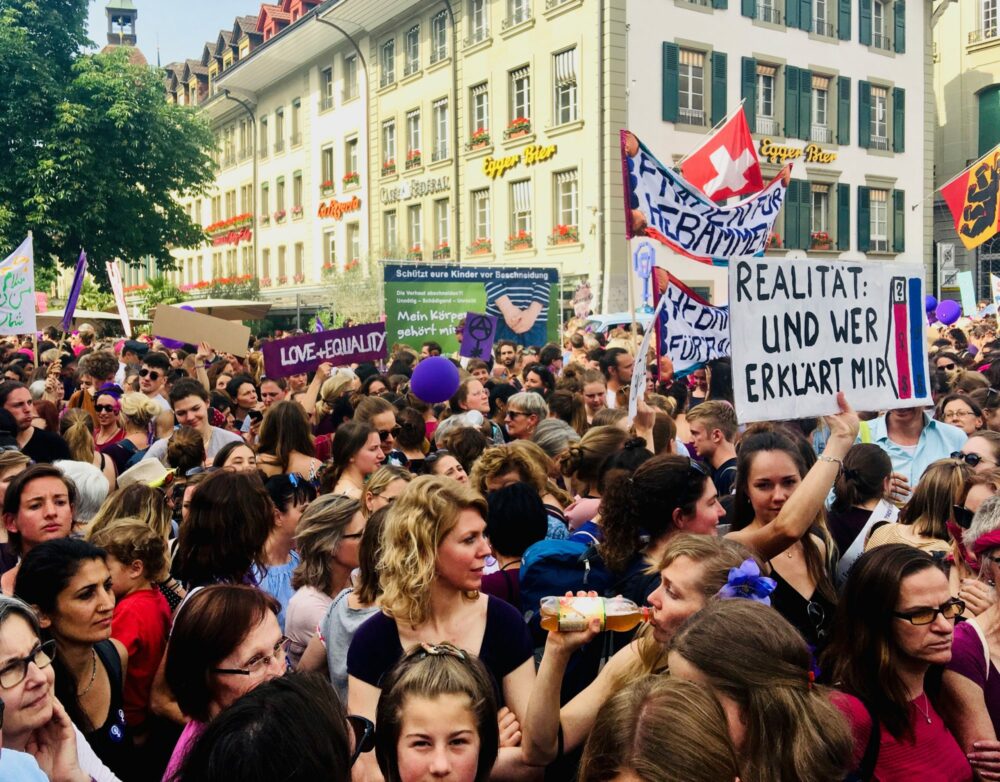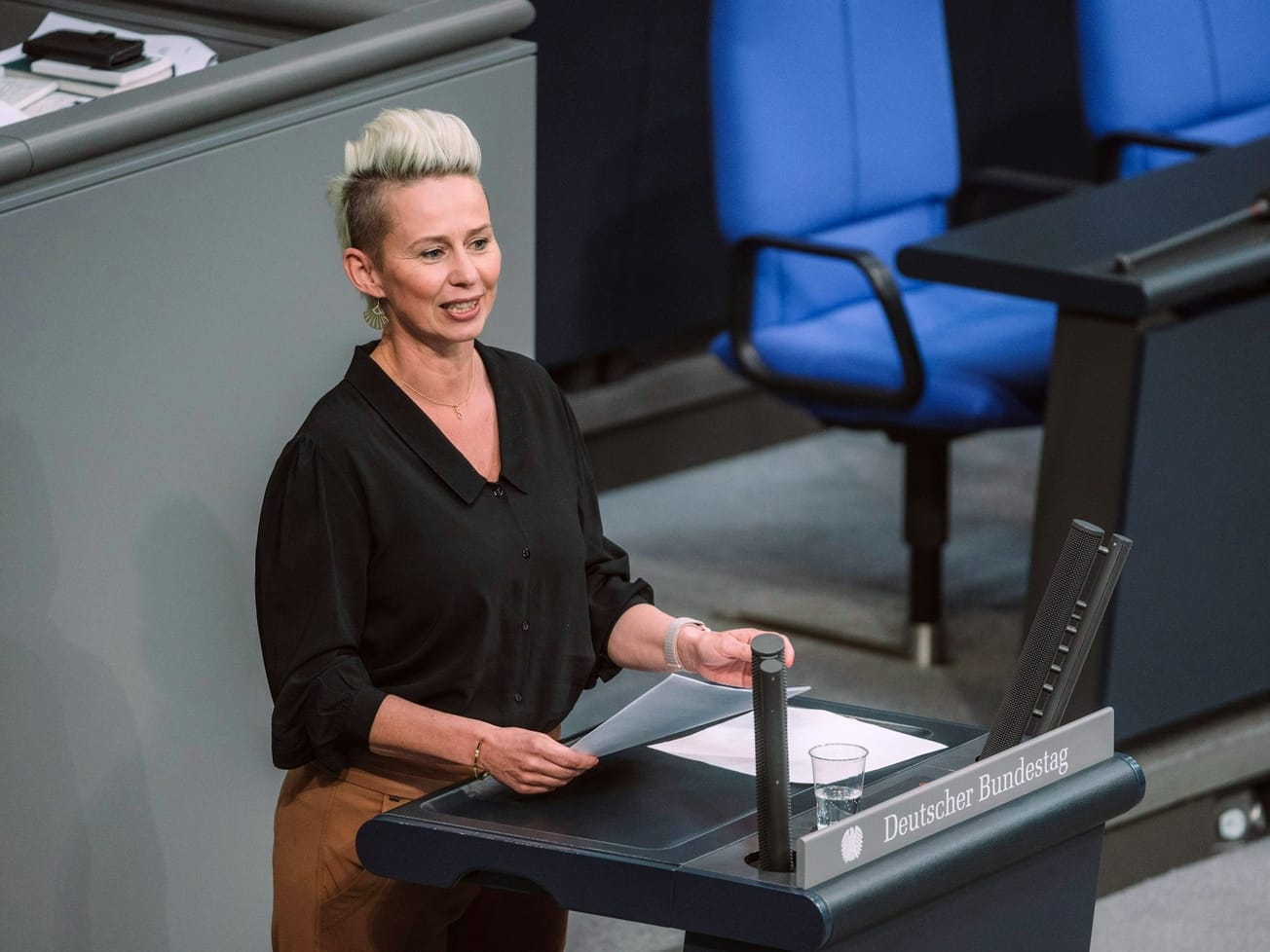BERN, Switzerland (AN) — Almost three decades since Switzerland's first nationwide equal rights protests, hundreds of thousands of women took to the streets on Friday to demand fairer pay, gender equality and an end to sexual harassment and violence.
It had been 28 years to the day since the Swiss last held such a protest. That previous strike, in 1991, was the biggest protest in Switzerland since 1918, when Swiss women joined millions of other European women at the end of World War I to demand the right to vote.









